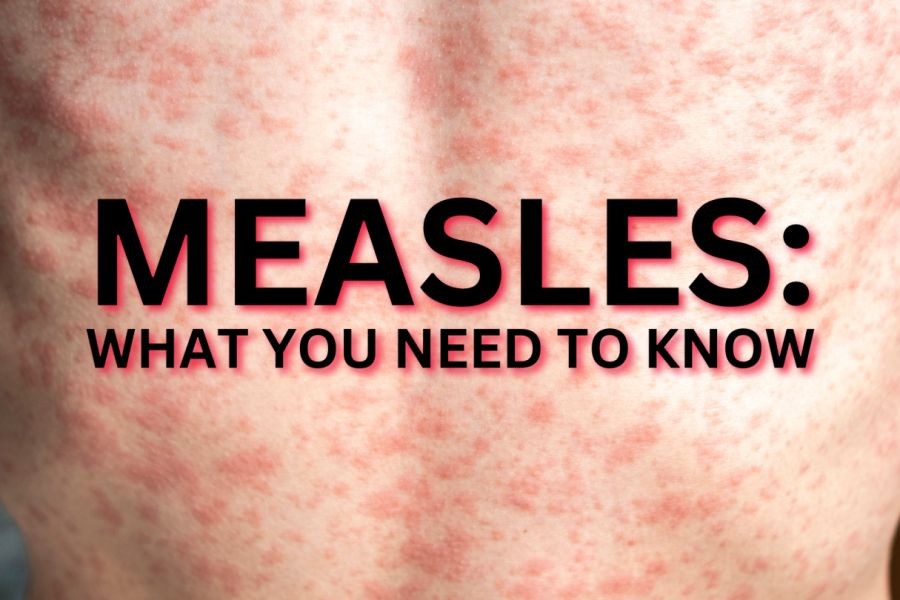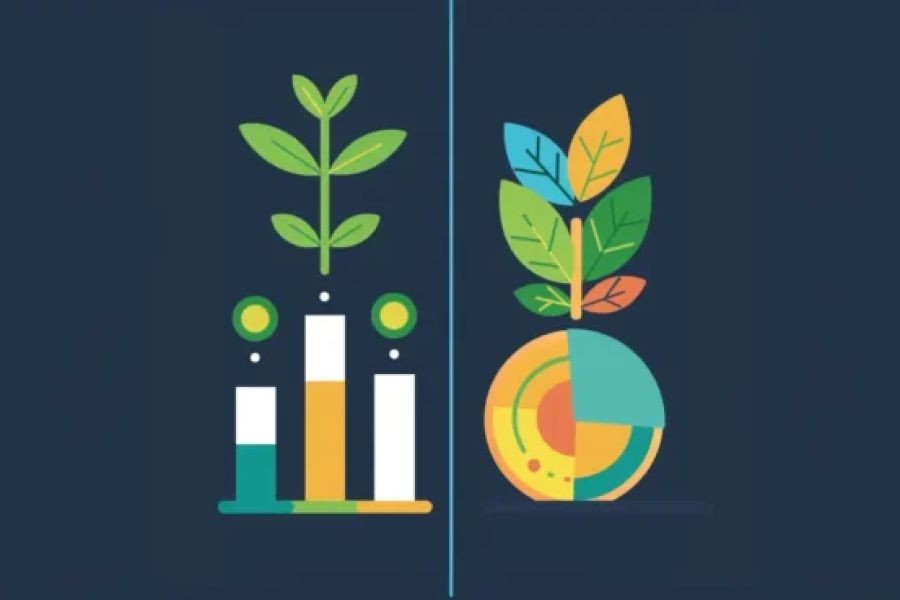In recent years, there has been a heightened global focus on vaccine skepticism, particularly as it intersects with public health policies and outbreak management. The visit of a vaccine-skeptic health chief to a measles outbreak center has sparked intense discussions worldwide. This narrative underscores the significance of understanding vaccine skepticism, its implications for health strategies, and the broader socio-economic context, particularly in regions like Australia where public health policies are closely monitored and regulated.
Understanding Vaccine Skepticism: A Global and Local Perspective
Vaccine skepticism is not a novel phenomenon, but its impact has intensified with the proliferation of misinformation and the decline in vaccination rates in certain regions. In Australia, the Australian Bureau of Statistics (ABS) indicates a slight decrease in vaccination rates among certain demographics, posing potential challenges for public health management and economic stability.
Globally, vaccine skepticism has been linked to outbreaks of preventable diseases, such as measles, which can have significant economic repercussions. A case study from the United States underscores this: in 2019, a measles outbreak in New York City cost the public health system over $8 million in containment efforts. This example highlights the potential economic burden that similar outbreaks could impose on Australia's healthcare system if vaccine skepticism is not addressed.
Pros and Cons of Addressing Vaccine Skepticism
Understanding the advantages and disadvantages of intervening in vaccine skepticism is critical for policymakers and health professionals.
- Pros:
- Improved Public Health: Increasing vaccination rates can lead to herd immunity, reducing the prevalence of disease outbreaks.
- Economic Stability: Preventing outbreaks can save millions in healthcare costs, as evidenced by the potential savings from avoided outbreaks.
- Trust in Healthcare Systems: Addressing skepticism can enhance public trust in healthcare systems, leading to better health outcomes.
- Cons:
- Resource Intensive: Campaigns to combat misinformation and improve vaccination rates require significant resources.
- Resistance and Backlash: Interventions may face resistance from skeptical communities, potentially exacerbating skepticism.
The Role of Policy and Regulation in Australia
Australia's regulatory landscape is instrumental in addressing vaccine skepticism. The Australian Competition & Consumer Commission (ACCC) plays a role in monitoring misinformation, while the Australian Prudential Regulation Authority (APRA) ensures that health systems are resilient against outbreaks. Moreover, the Australian government's immunization policies, which include the "No Jab, No Pay" initiative, aim to improve childhood vaccination rates by linking them to certain welfare benefits.
According to a study from the University of Sydney, these policies have led to a moderate increase in vaccination rates, highlighting the effectiveness of regulatory measures in combating vaccine skepticism.
Case Study: Australia’s Immunization Strategy
Problem:
Australia faced declining vaccination rates among certain populations, risking outbreaks of preventable diseases. This decline was attributed to vaccine skepticism fueled by misinformation.
Action:
The government introduced the "No Jab, No Pay" policy, withholding certain family tax benefits from parents who did not vaccinate their children. Additionally, public health campaigns aimed at educating the public about vaccine safety were launched.
Result:
- Vaccination Rates: Increased by 3% within two years of policy implementation.
- Public Awareness: Surveys indicated a 25% rise in awareness about the importance of vaccines.
Takeaway:
This case study illustrates how targeted policy interventions can effectively address vaccine skepticism and improve public health outcomes.
Common Myths and Mistakes Around Vaccination
- Myth: "Vaccines cause autism."
- Reality: Extensive research, including studies by the Australian National University, has debunked this myth, showing no link between vaccines and autism.
- Myth: "Natural immunity is better than vaccine-acquired immunity."
- Reality: Vaccines provide a safer path to immunity without the risk of severe disease complications, as supported by the World Health Organization.
- Myth: "Vaccines are not necessary if everyone else is vaccinated."
- Reality: Herd immunity requires a high percentage of the population to be vaccinated to prevent disease outbreaks, underscoring the importance of individual vaccination.
Future Trends and Predictions in Vaccination Policies
Looking ahead, Australia's approach to vaccination is likely to incorporate advanced technologies and data analytics to improve vaccination rates and address skepticism. The Reserve Bank of Australia (RBA) suggests that digital health initiatives could enhance public health outcomes by providing real-time data on vaccination coverage and outbreak risks.
Furthermore, as global vaccine development continues to advance, Australia's healthcare policies may increasingly focus on integrating new vaccines into existing programs, ensuring comprehensive protection against emerging diseases.
Conclusion
Addressing vaccine skepticism is crucial for safeguarding public health and economic stability, both in Australia and globally. By leveraging robust policies, regulatory frameworks, and public education campaigns, Australia can continue to improve vaccination rates and protect its population from preventable diseases. As we move forward, embracing technological advancements and addressing misinformation will be key to overcoming vaccine skepticism and ensuring a healthier future.
People Also Ask
- How does vaccine skepticism impact public health in Australia?
Vaccine skepticism can lead to lower vaccination rates, increasing the risk of disease outbreaks and placing economic strain on the healthcare system.
- What measures is Australia taking to combat vaccine skepticism?
Australia implements policies like "No Jab, No Pay" and public health campaigns to improve vaccination rates and address misinformation.
- Why is addressing vaccine skepticism important for the economy?
Preventing outbreaks through vaccination can save millions in healthcare costs and maintain economic stability by ensuring a healthy workforce.
Related Search Queries
- Australia vaccine skepticism
- Measles outbreak Australia 2023
- Vaccine policy Australia
- Public health strategies Australia
- Economic impact of vaccination
































iogsport820brando
9 months ago